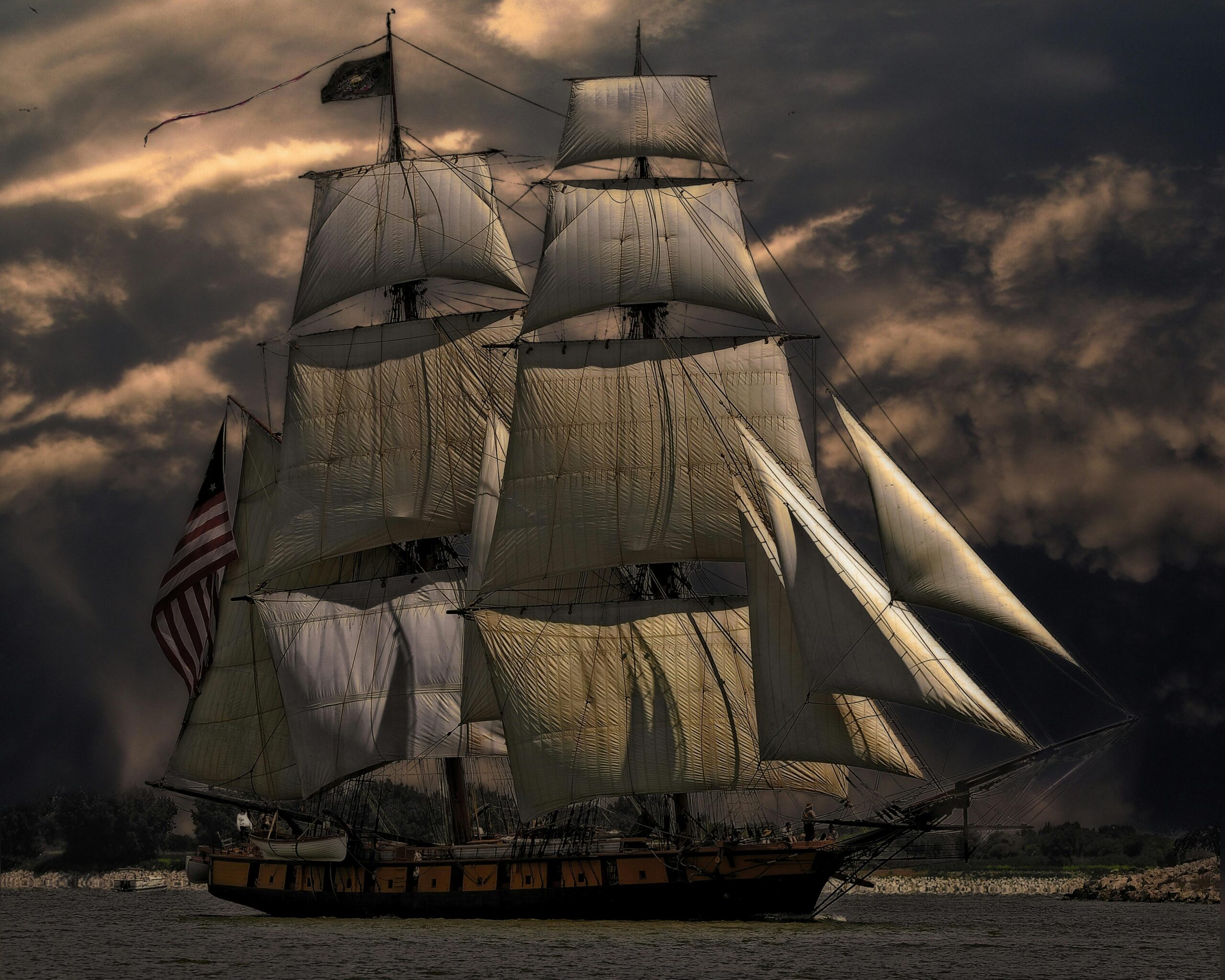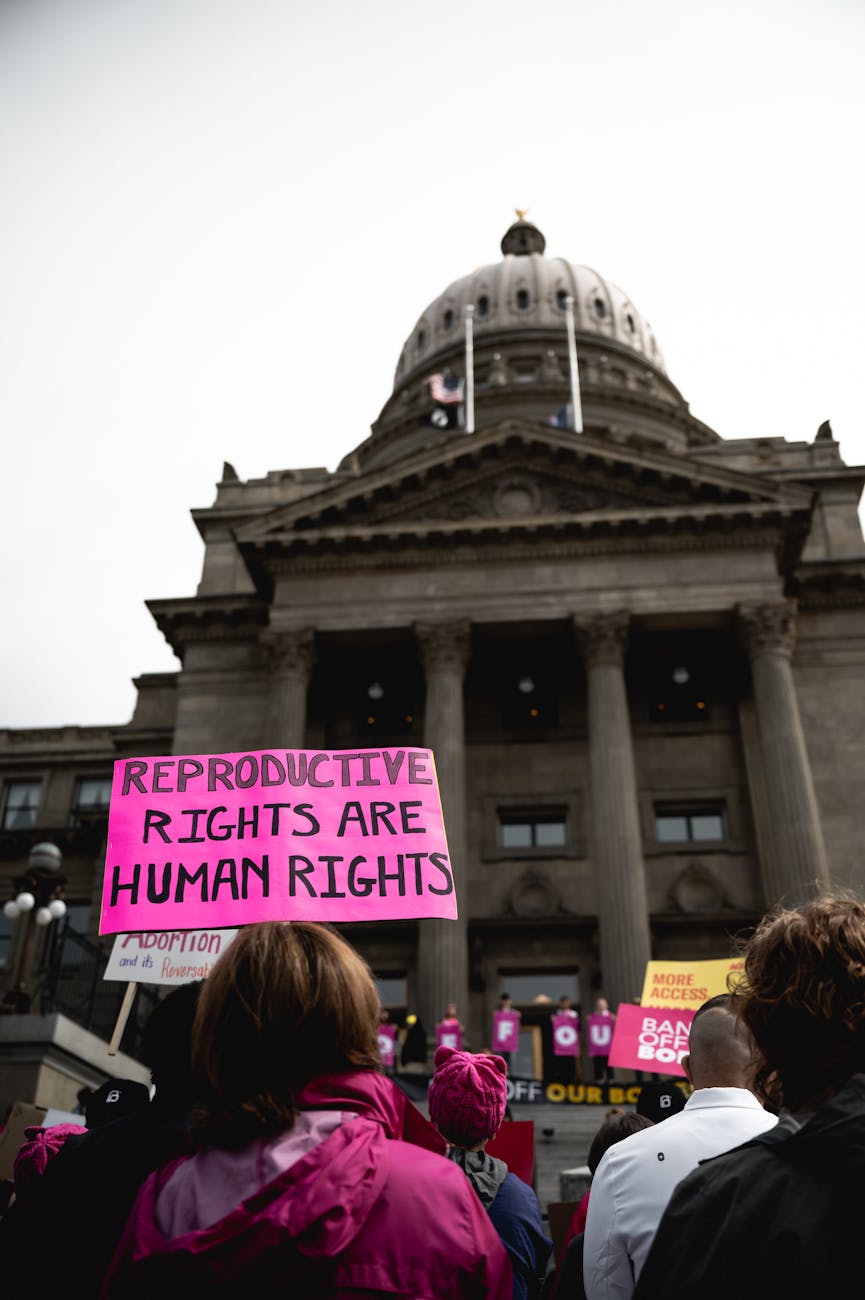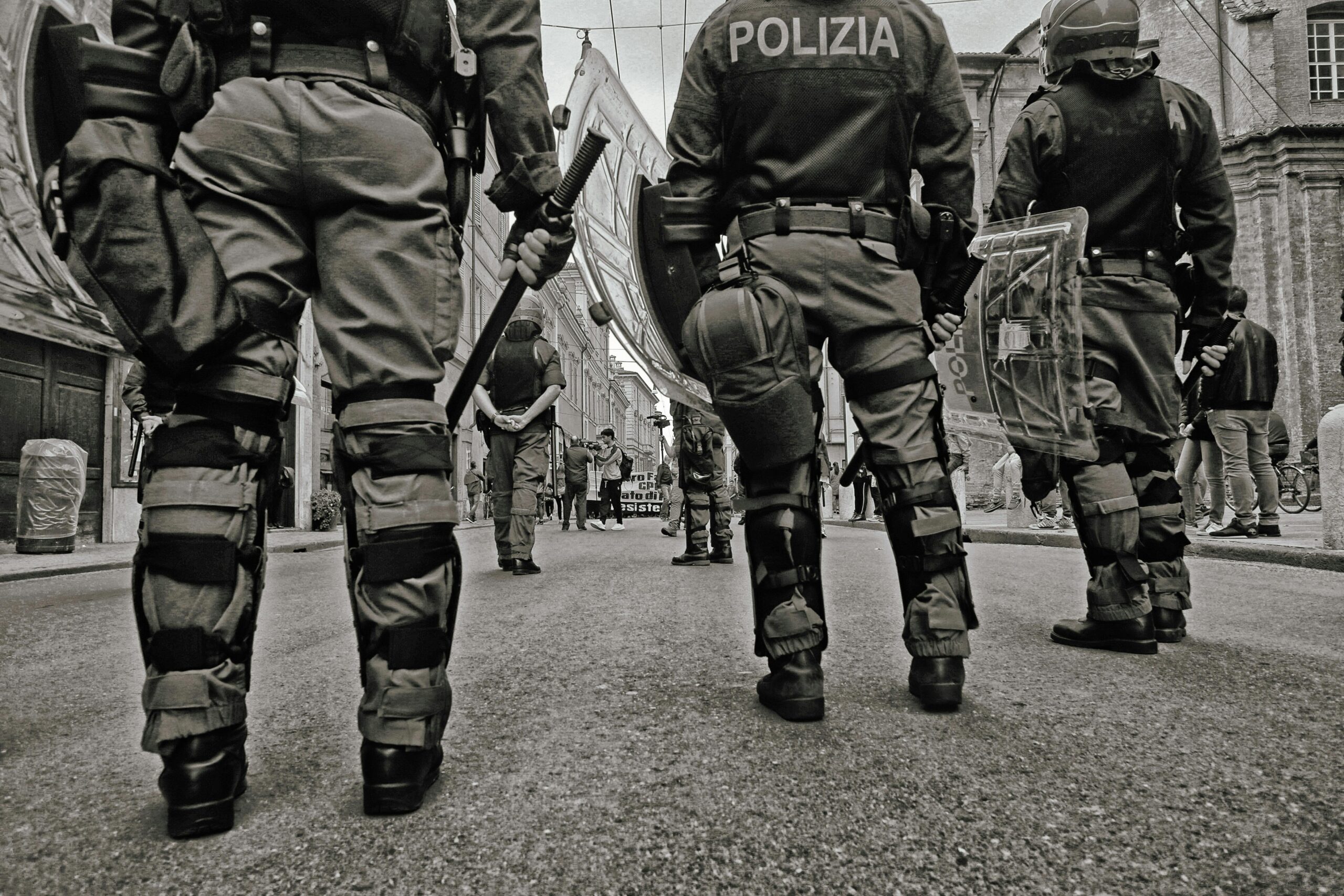The Zong set sail from Accra in September of 1781 with 442 captives onboard. It was operated by a British crew. First of all, the ship was carrying more than twice the number of people it could safely transport. Humans were literally head to head in the hold and there was no room for movement. The captain set out on that long journey aware of the fact that more than half of the Africans on board were likely to perish. Though the horrifying loss of life on the Zong was perpetrated by the British, the killing of Africans at sea was common throughout the international trade in African humanity. All of Europe’s major colonial powers and the traders in the Americas had horrific examples of murdering Africans on their ships until the trade ended.
This particular journey was unduly prolonged as a result of navigational errors which took them off their path and extended their time at sea. When they neared Tobago on 19th November, they simply refused to stop to replenish water supplies. The Captain was of the view that Jamaica was so close that they could easily navigate to their port and disembark without breaking to re-stock. In reality, they sighted Jamaica around 28 November but assumed wrongly that it was Saint Dominique now Haiti, so they continued westwards for over three hundred miles before realising their mistake. By then, the starved Africans on board were beyond rescue; the overcrowding and poor sanitary conditions had manifested in the form of disease which had already killed about 60 Africans and several sailors.
The ship’s owners had taken out life insurance policies on their African cargo as was the general practice at the time and so the sailors agreed amongst themselves to throw the emaciated Africans into the water, they rationalised that if the Africans landed on shore sick and broken in spirit, and then died, there would be no chance of insurance payouts.
If they had been jettisoned to save the rest of the cargo then of course insurance would take care of the loss under “general average” (This principle holds that a captain who jettisons part of his cargo to save the rest can claim for the loss from his insurers.) The ship’s insurance covered the loss at £30 per person. 54 Africans were first thrown overboard, another 78 were drowned over the next two days. By the time the ship reached the Caribbean, 132 persons had been drowned- murdered intentionally.
On arrival at Black River Port in Jamaica, the ship’s owners submitted a claim to their insurance company for the lost lives, arguing falsely that they had insufficient water for the journey. The insurers challenged this assertion, resulting in a formal claim in court, Gregson v. Gilbert 1783 3 KB 232. When the parties appeared in court, it was held that there were multiple circumstances under which the killing of an enslaved person was legal and that insurers could be required to pay for their death. This was music to the crews’ ears. Now they had a legal precedent that would still guarantee them their financial gains even if the Africans did not make it to shore.
Those who survived the Zong indicated that apart from the navigational errors, they faced other complications. They had sailed in a part of the mid-Atlantic commonly called the doldrums where the ship apparently sat stranded due to little or no wind to carry them forward. Sadly enough, some of the critical navigators aboard the Zong were lost in the doldrums, leaving the steering to less skilled direction finders. Had new evidence not been found on appeal, establishing that the captain and crew were at fault, that they had chosen not to stop in Tobago, that they actually landed in Jamaica with over 420 gallons of water on board, enough to save the lives that had been tossed, ship’s owners might even have succeeded on appeal.
Olauda Equiano is said to have brought news of the horrific massacre to the abolitionist Granville Sharp who publicised the atrocities. Unsurprisingly enough, Sharp’s attempts to initiate criminal charges against the captain and the crew for the intentional loss of life, were not successful. History has it on record however that Great Britain’s Solicitor General, John Lee, refused to take up the criminal charges declaring: “What is this claim that human people have been thrown overboard? This is a case of chattels or goods. Blacks are goods and property; it is madness to accuse these well-serving honourable men of murder… The case is the same as if wood has been thrown overboard.“
Editor’s Top Book Picks on The Trans Atlantic Trade in Humans, The Middle Passage and Beyond














